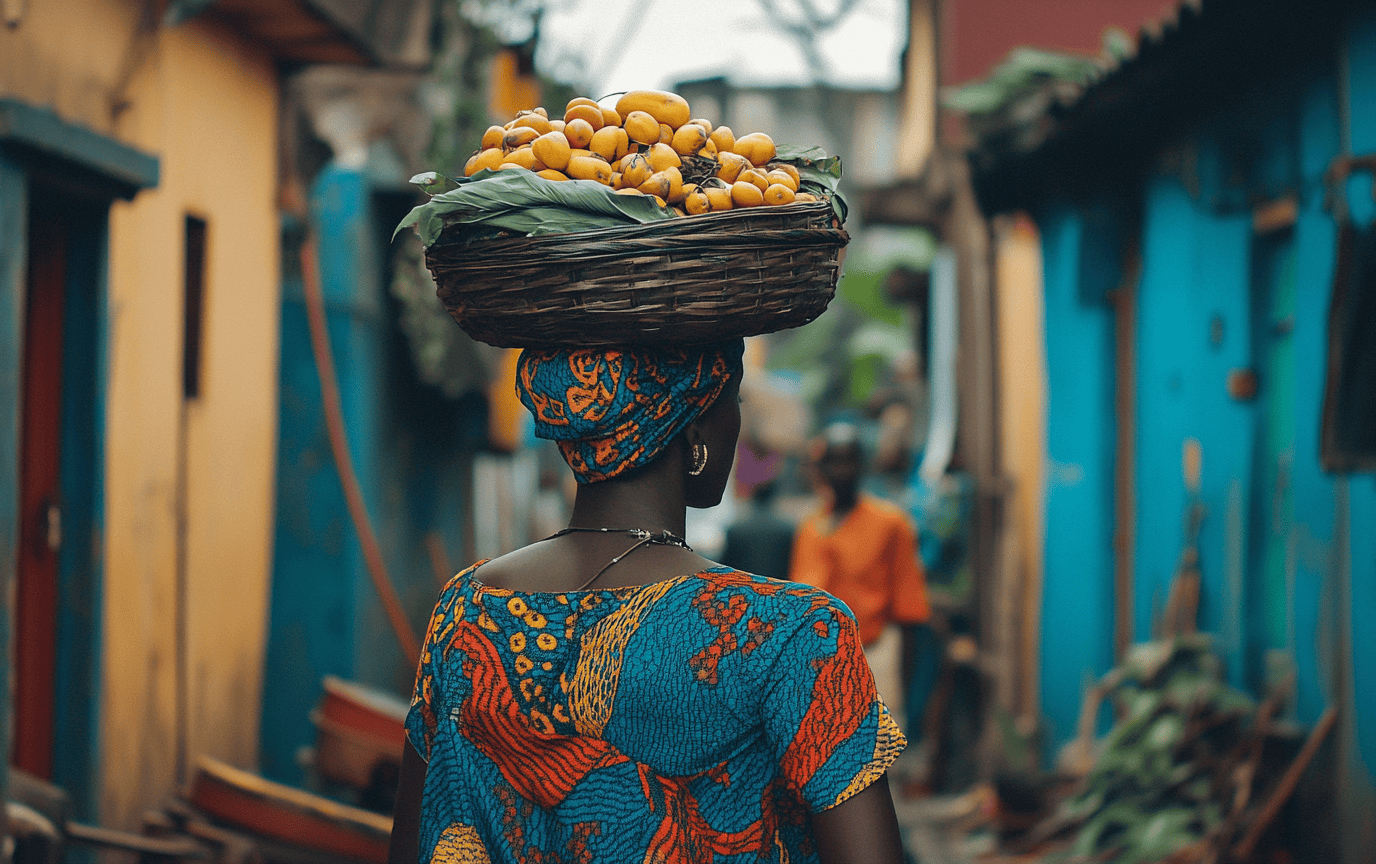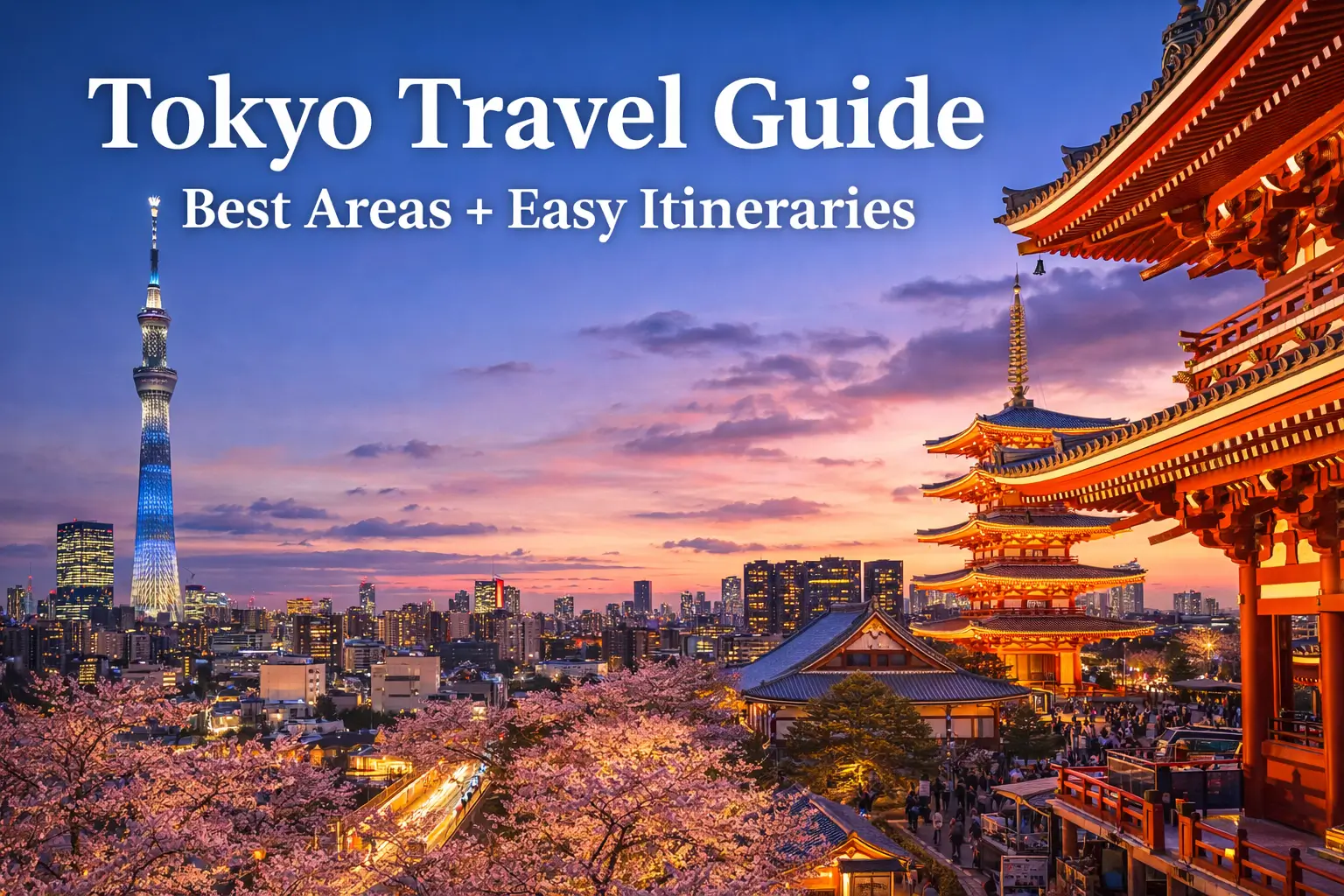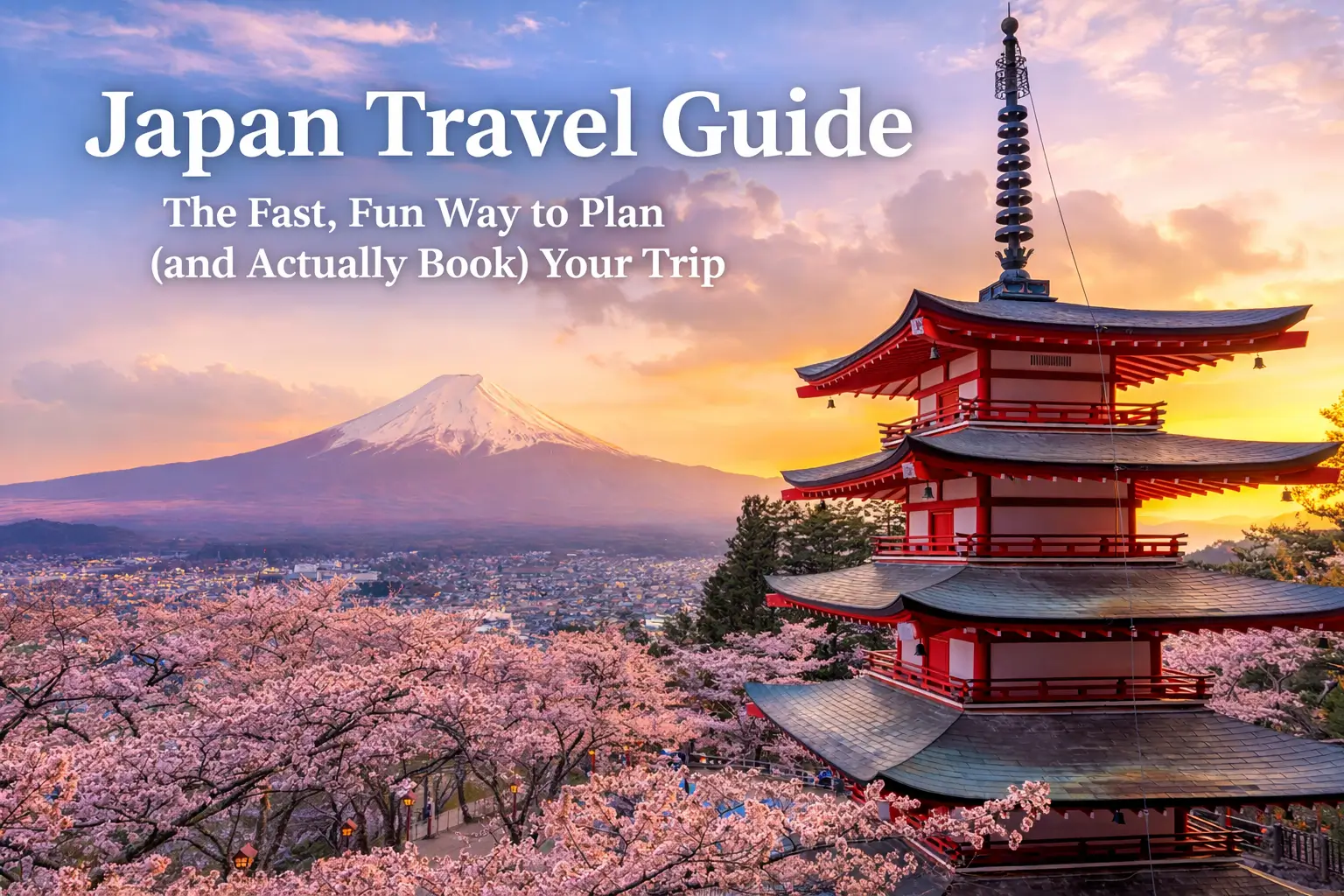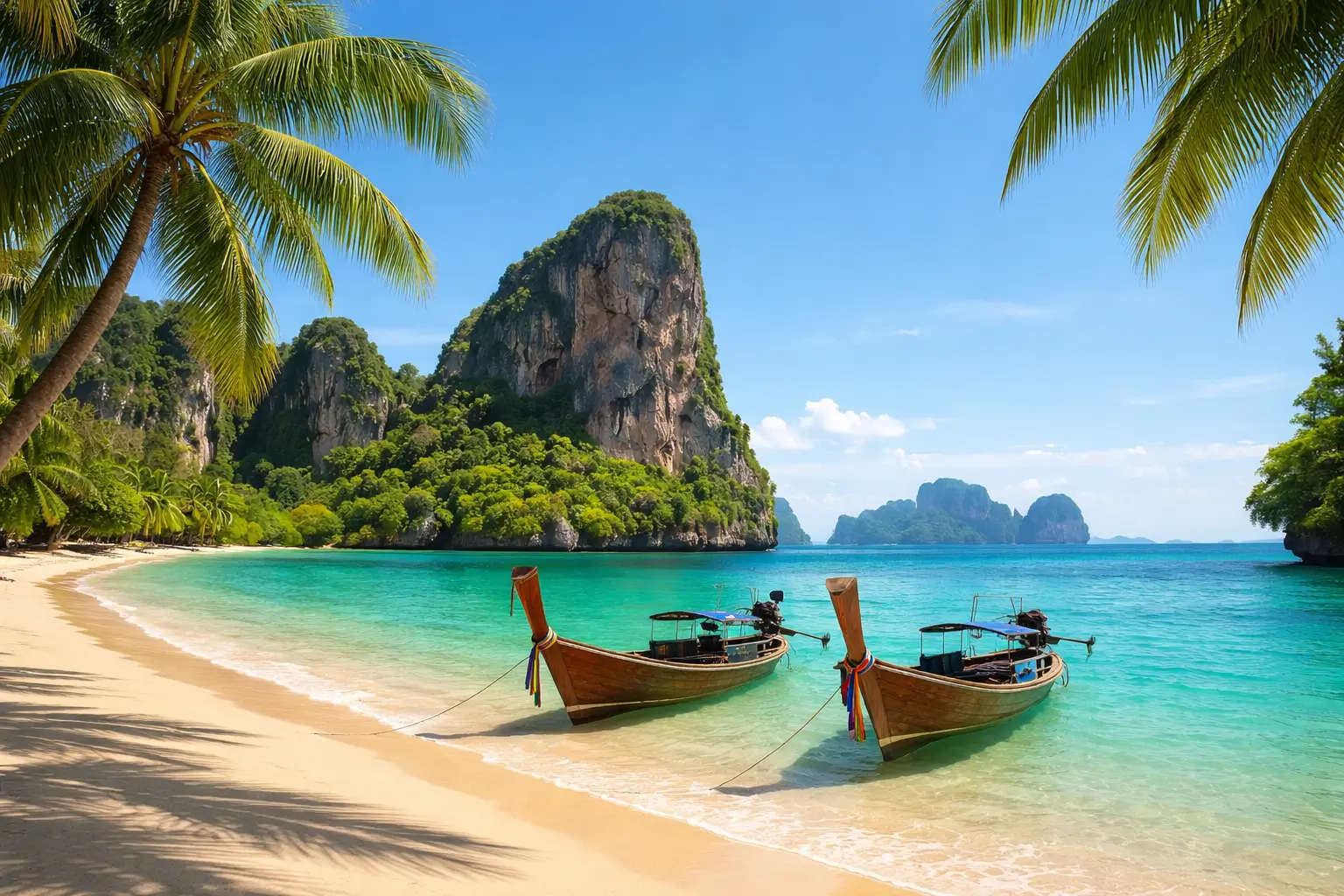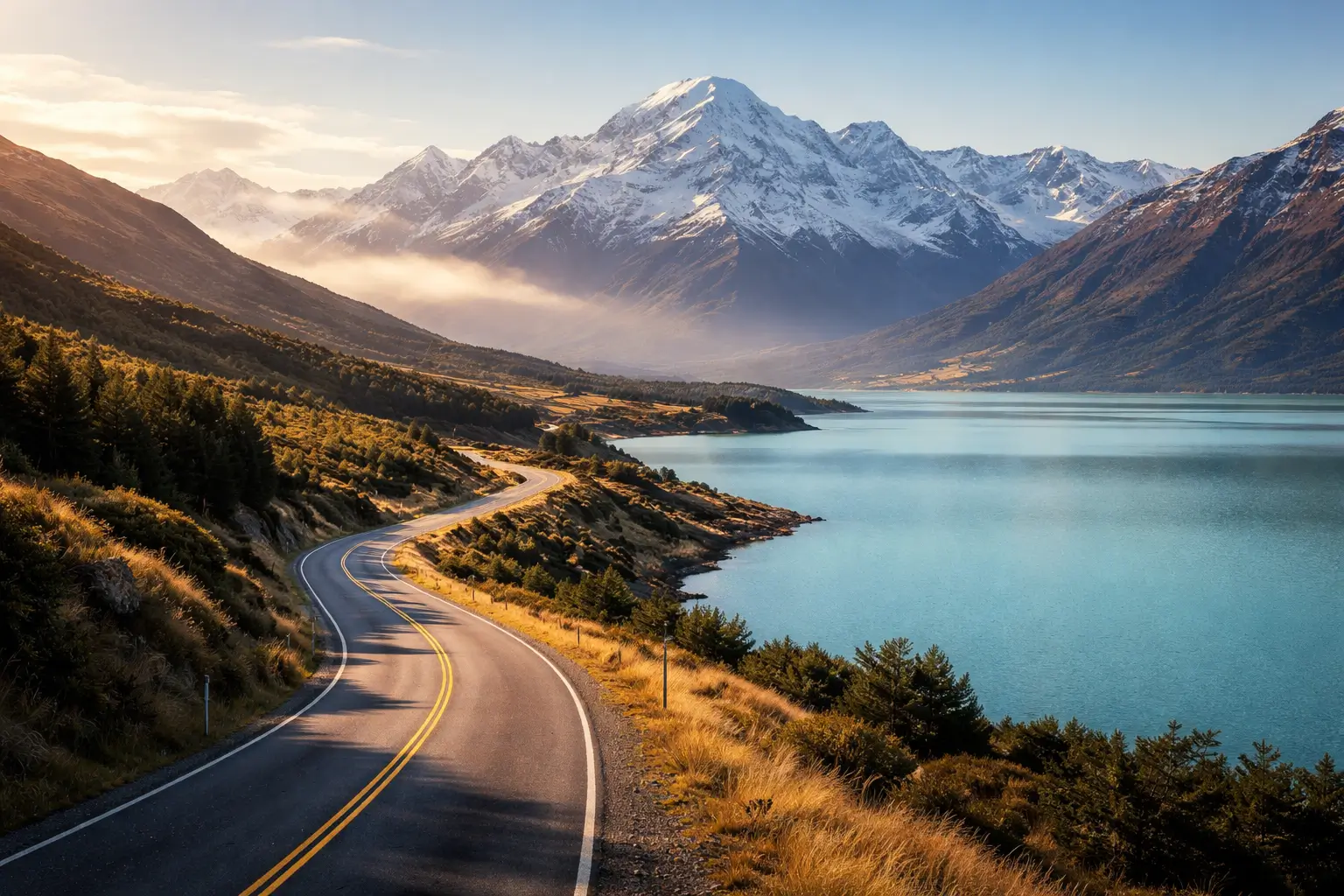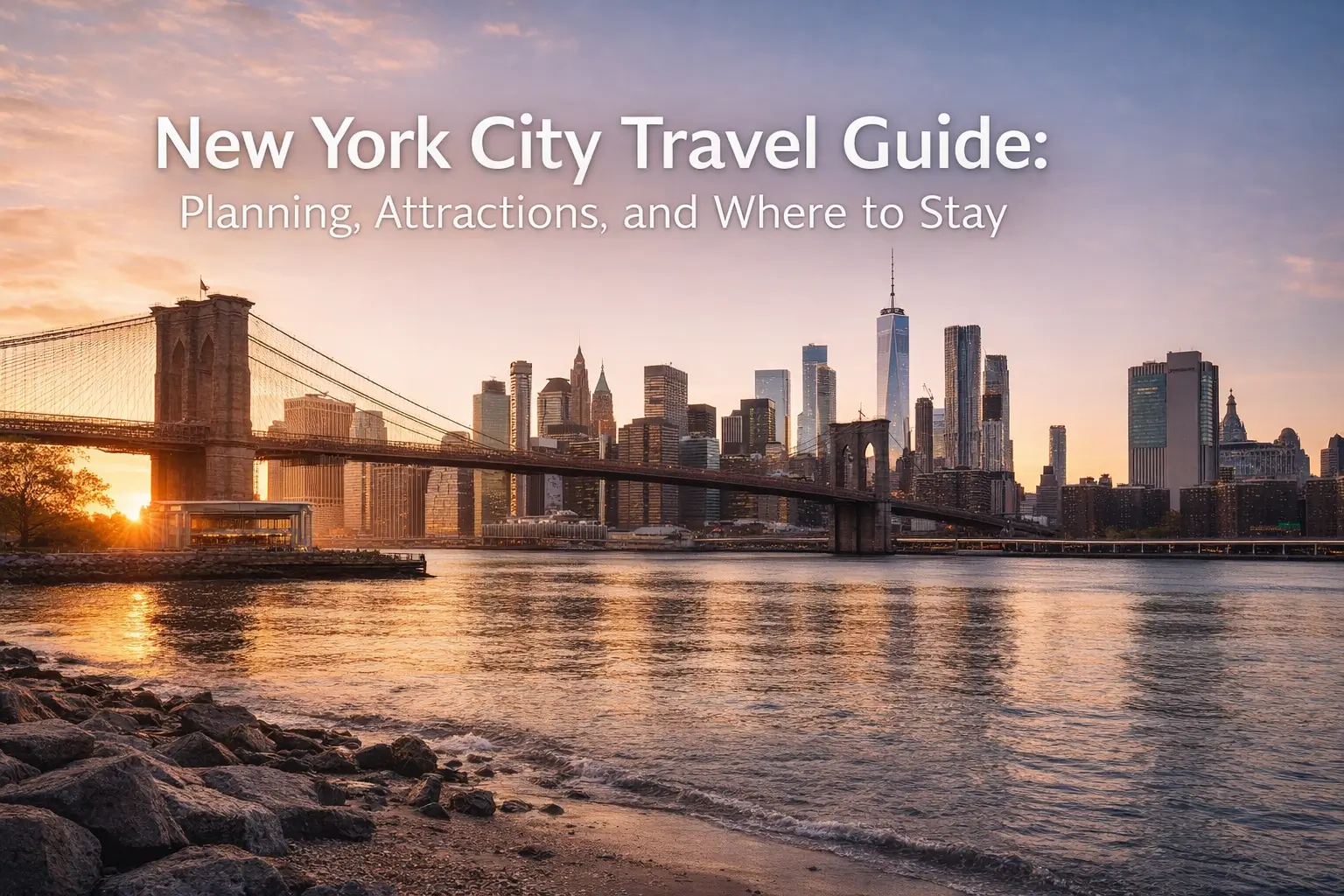Wandering Through Cultures: The Journey of Discovering and Preserving Identity
Oh, the thrill of travel! The world calls out, whispering tales of distant lands and vibrant cultures that dance like fireflies in the twilight. But there’s a deeper story woven into every adventure, one that is steeped in colonial legacies and the threads of globalization. Have you ever caught your breath as you wandered through a bustling market, the aroma of spices wafting through the air, only to realize you're standing on the very ground where centuries of history unfolded? Let’s delve into the cultural impact of colonialism and globalization as we explore various facets of travel that shape our identities and experiences.
A Tapestry of History and Culture
When we speak of history and culture, we’re really talking about the great ongoing narrative of humanity—the song of our ancestors melded with the modern heartbeat of society. The experiences of different peoples and cultures rolled into one magnificent tapestry, each thread telling a tale of survival, evolution, and transformation.
Hometown Roots and the Colonial Shadow
Reflecting on my previous travels through the Caribbean, I recall walking through the vibrant streets of San Juan. As I stepped into a local art gallery, the colors screamed stories from the walls. They were bright reds that evocatively conversed with deep blues, each piece a reminder of a culture once colonized by Spain. Through cultural exchange, the local artists transformed their narratives of suffering into a celebration of resilience.
This metamorphosis is not unique to Puerto Rico. Around the globe, indigenous cultures have grappled with the scars left by colonial rule—cultures that were once vibrant, now oftentimes overshadowed by a Western-centric worldview. The postcolonial period saw many communities estranged from their roots, yet, intricately, threads of those identities weaved their way back into contemporary culture.
When we travel, we uncover history etched into every corner, realizing that the past is not just yesterday but a guiding compass for every step we take today.
A Culinary Voyage: Food and Wine as Cultural Exchange
If there’s one universal language, it’s undoubtedly food. Who wouldn’t agree? As you shovel a spoonful of buttery risotto into your mouth in a cozy bistro in Milan, you’re not just tasting rice, broth, and Parmesan—you’re savoring cultural history. Food is a narrative of its own, linking us to the stories of migration, adaptation, and cultural fusion.
Culinary Colonization vs. Globalization
Yet, not all dishes come to the table untainted. The global kitchen is a battleground of culinary appropriation and appreciation. Consider the spicy allure of tacos sharing their glory with a fancy sushi restaurant in downtown Tokyo. Are we celebrating homage to Mexican culture, or is it an exploitation of tradition stripped of context and respect?
On a trip to Mexico City, I dive deep into this culinary complexity. At a street stall, I taste my first taco al pastor, marinated with history, influenced by Lebanese immigrants who introduced shawarma techniques. Indigenous ingredients harmonized with diaspora flavors—a delicious testament to cultural exchange.
The globalization of food can be empowering, but we must tread carefully. Savor the flavors of cultures, but always remember the story they carry.
Lifehacks for Navigating Cultural Landscapes
As travelers, we bear the responsibility of honoring the lands we step upon. Here are some lifehacks to engage authentically with local cultures while navigating the complexities of globalization and cultural appropriation:
1. Learn the Language
Even a simple "hello" in the local tongue can break down barriers. I remember my first clumsy attempts at speaking Baduy in Indonesia—it was met with smiles that melted away the divide.
2. Support Local Businesses
Choosing to dine at family-owned restaurants rather than international chains anchors your dollars in the community. The family who grows the coffee you drink or the woman who weaves the scarf around your neck depend on that support.
3. Ask Questions
Understanding the context makes you a better traveler. When I visited a Maasai village in Kenya, I didn’t just observe; I asked questions, learning about the culture, traditions, and the real story behind their vibrant attire.
4. Respect Traditions
Cultural preservation is vital. Attend festivals, but participate with respect. When I visited the Diwali festival, my enthusiasm was countered with an understanding of its significance. It transformed from mere enjoyment to an experience with depth.
5. Document Meaningfully
It’s easy to capture a photo and forget. Ноld your stories in safe-keeping—write them down, share them with others. The best stories are not just your own; they grow when shared.
Scenic Landscapes: Nature’s Cultural Canvas
As much as culture is molded by humans, nature’s landscapes narrate their stories too. The lush valleys of the Andes or the arid deserts of the Sahara hold remnants of history that bear witness to the epochs of colonialism and cultural shifts.
The Silent Witnesses
I stood near the ruins of Machu Picchu, captivated not just by the ancient stones but by the spirit of the Incas lingering in the crisp mountain air. The landscapes are embedded with stories of survival amid colonial turbulence, where even as empires crumbled, nature remained a steadfast canvas of identity.
Recent efforts to preserve these landscapes against globalization’s tide breathe life back into native practices. Indigenous tribes in the Amazon rainforest are at the forefront of environmental activism—fighting against deforestation and asserting their cultural identity through protecting sacred lands.
The landscapes speak of both fragility and resilience, reminding us that just as they shape culture, culture influences the way we perceive and protect our natural world.
Conclusion
Travel is more than wandering; it's about discovery, connection, and understanding the complex narratives of our shared past. Colonialism and globalization have intricately shaped our identities, and as travelers, we hold the brushes to color in our experiences with warmth and respect.
So, next time you set off on an adventure, recall the tales buried beneath the surface—the cultures waiting to be honored and the experiences yearning to be shared. After all, the world is a mosaic of stories, and every step is a chance to embrace the depth of that journey.
Here’s wishing you safe travels and insightful discoveries, my dear friends. May you collect stories and experiences that resonate and empower your identity. Happy wandering!
Want more insightful reads? Check out our Travel Tips section for the latest advice. For lifestyle inspiration, explore our Lifestyle category, and dive into amazing destinations in our Destinations section. Don’t forget to follow our adventures on YouTube, Instagram, and Pinterest!

